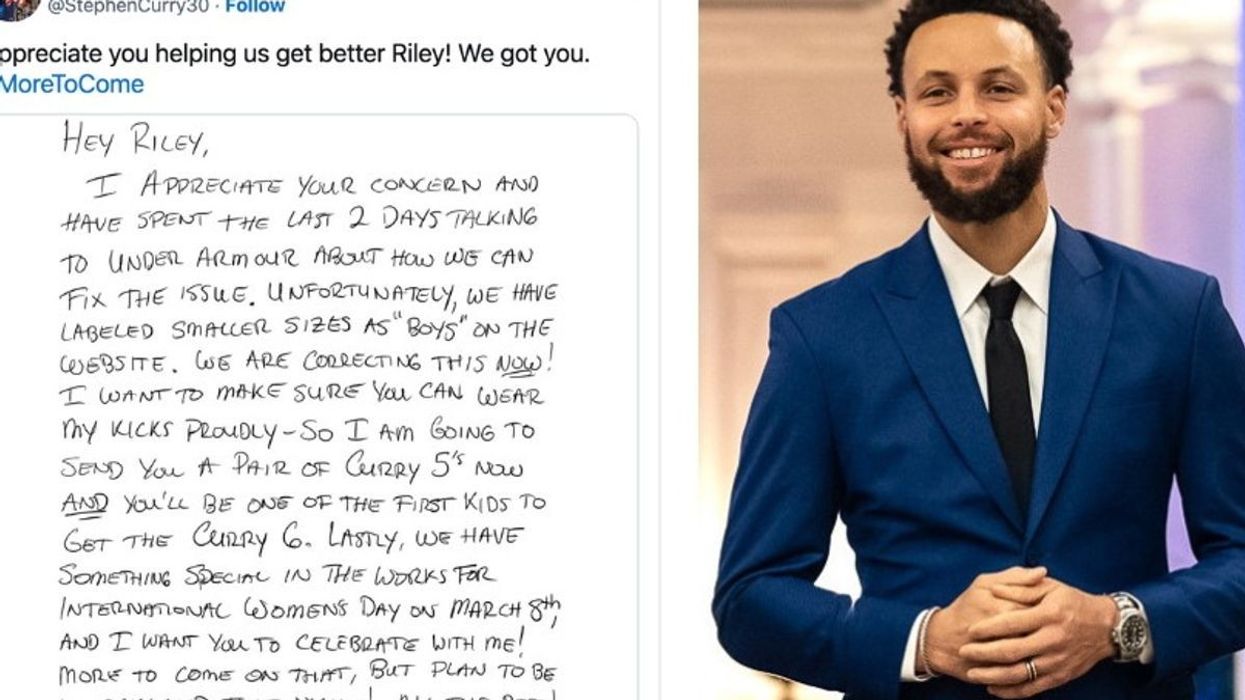It didn’t take long after Joe Paterno’s death was announced Sunday morning for the inappropriate reactions to start streaming in via social media. “He was great man!!” basketball superstar LeBron James decreed. “The media killed him,” diehard Penn State fans opined. “Burn in hell,” dozens of other people suggested.
Soon, compiling and analyzing these reactions became a parlor game among sportswriters and media critics, with Deadspin compiling a list of all the ridiculous theories on what killed Paterno (including a broken heart, scandal, "society"). In a series of tweets, Bethlehem Shoals—an editor at The Classical and one of the smartest modern-day commentators on sports and society—took James to task for his lack of tact in glorifying a man who allowed child rape to continue unfettered. In the process, he brought on his own series of angry tweets, one of many tempests in teapots that wracked a social media world collectively grappling over how to memorialize a man who was a great football coach and philanthropist, but who chose friendship and football over reporting a crime of epic proportions.
That Paterno’s death—the result, it should be noted, of advanced lung cancer, not grief or guilt or anything else—came so soon after he left his job in disgrace made the discussion all the more complicated. In an essay reflecting on the furor he had sparked and the broader themes it raised, Shoals (a professional acquaintance) wrote that the coach's passing "provided no closure, where ordinarily it would have; it also threw a monkey wrench of impatience into whatever resolution might have come with a few years of calm. Both absolution and guilt felt they had a claim: the former by fiat, the latter by virtue of still-raw emotions."
There are plenty of good things about Twitter and its social-media siblings. The expectation they’ve created that everyone should weigh in on everything—immediately, wittily, all in 140 characters!—is not one of them. Of the hundreds of tweets about Paterno’s death that filled my screen throughout the last two days, maybe 10 of them justified their existence. The rest were banal at best, offensive at worst.
Yet while it’s easy to blame the medium for bringing out extreme reactions on all sides of a controversial figure or issue, another casualty of the social media age is our collective memory of past as prologue. One of the best analogues for the grappling over Paterno’s legacy is the reaction to singer Ike Turner’s 2007 death from a cocaine overdose.
Turner is a rock n’ roll legend, one of the best musicians of the 20th century in any genre. He was also a domineering control freak who regularly abused his wife and musical partner Tina. I, Tina, Tina Turner’s autobiography, and What’s Love Got to Do With It?, the film based on the book, both became wildly popular and tarnished Ike’s reputation irreparably among many fans. "Yeah I hit her, but I didn't hit her more than the average guy beats his wife," Turner once told SPIN magazine of Tina. "If she says I abused her, maybe I did."
Reaction to Turner’s death was as predictable as it was depressing. On one side were the Ike fans who believed nothing but the music mattered and were upset at major publications for including information about his turbulent personal life in his obituaries. On the other were the activists who refused to acknowledge Turner’s musical accomplishments. Sound familiar?
Turner and Paterno's offenses were different, of course—Paterno’s inaction probably indirectly hurt more people, while Turner’s were literal, physical crimes—but the similar narratives around their respective deaths show how far we haven’t come. The more important distinction between the two men’s lives and deaths is that Turner never postured at being a great man, just a great musician. Paterno, with his donations, his lofty academic standards, and his public phone number, held himself up as a role model, which made his violations all the more troubling. In his over-the-top tribute to Paterno’s "true legacy," Rick Reilly, the king of mawkish sportswriting, included the puzzling line, "In 46 years as a head coach, he never had a single major NCAA violation." Turner wanted to be remembered for inventing rock n' roll, Paterno for living up to his own high standards. Only one of them deserves the reputation he so craved.
So yes, Joe Paterno should be remembered as one of the greatest football coaches ever. He should also be remembered as a hypocrite who shirked his responsibility to innocent children. At the end of Shoals' piece, he expressed hope that tweets like LeBron's mean we're no longer naïve enough to think of sports figures as role models. But to me, the confused reaction to Paterno’s death shows exactly the opposite: Paterno was a role model, and he died too soon after falling from grace for our opinions of him to evolve. If he wasn’t going to stop Jerry Sandusky from raping small boys, at least he could have been a little more like Ike.













